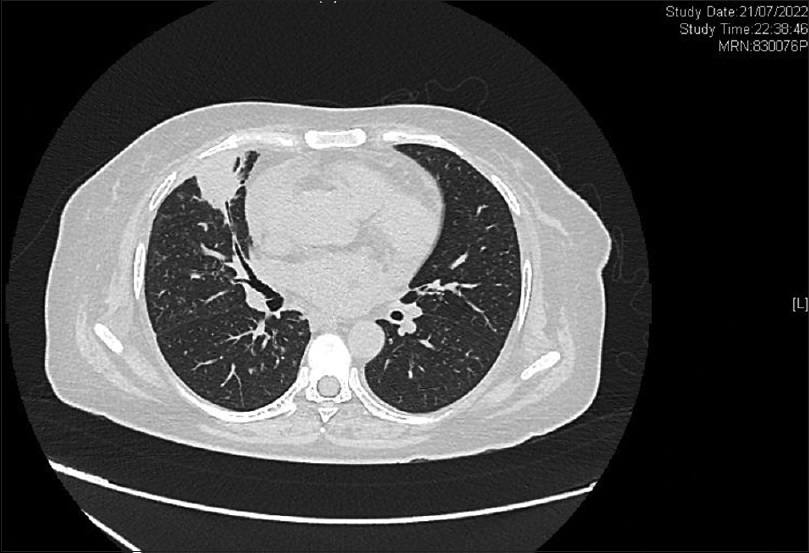The paper explores the effect of cell-free nontuberculous Mycobacterium supernatants on the antibiotic resistance and biofilm-forming abilities of opportunistic pathogens, specifically Escherichia coli and Staphylococcus epidermidis. The researchers aimed to investigate how these supernatants may influence the pathogens’ susceptibility to antibiotics and capabilities to form biofilms.
The study used strains of S. epidermidis and E. coli with differing anti-hemoglobin activity. Supernatants from Mycolicibacterium iranicum (IKVS S1 and IKVS S2) were acquired through cultivation in broth, centrifugation, and filtration. The susceptibility of the pathogens to antibiotics was measured with the Kirby–Bauer disk diffusion method, and their biofilm formation intensity upon exposure to the supernatants was determined using crystal violet staining.
- Exposure to cell-free M. iranicum supernatants resulted in a significant increase in biofilm formation in both E. coli and S. epidermidis.
- The most pronounced enhancement in biofilm formation was observed under the influence of the M. iranicum IKVS S1 supernatant.
- The E. coli and S. epidermidis bacteria strains showed a notable decrease in susceptibility to various antibiotics when exposed to the M. iranicum supernatants.
- The intensification in biofilm formation and decrease in antibiotic susceptibility (vancomycin and cefotaxime) was particularly evident in strains showing higher levels of anti-hemoglobin activity.
- The presence of a potential synergistic relationship between M. iranicum and E. coli and S. epidermidis was suggested, which could impact their interaction with each other and their overall biological behaviors.
The increased biofilm formation and heightened antibiotic resistance upon exposure to M. iranicum, as identified in this study, could potentially impact the virulence of these opportunistic bacteria strains. This also suggests that cell-free supernatants of certain bacteria could influence the severity and treatment outcomes of infections caused by opportunistic pathogens like E. coli and S. epidermidis. This research could have potential implications in understanding disease progression and optimising treatment strategies for bacterial infections.
Link to the article: http://tinyurl.com/mvdexskr
